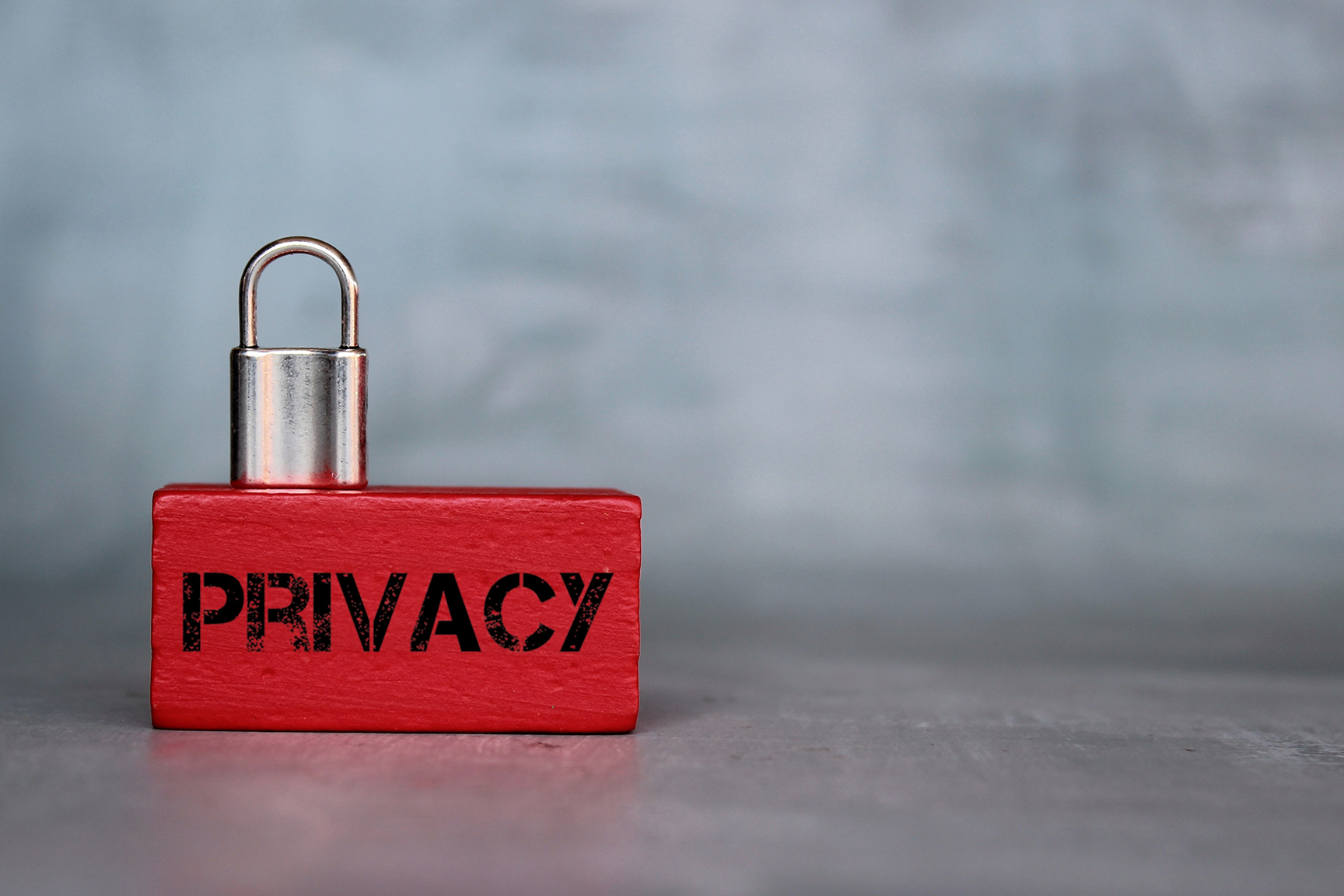
The Reality of VPN Services
Let’s face the facts: Providers of VPN services are in business to earn a profit. They must pay for equipment, network maintenance, and other costs related to running a server, and they have to get it from somewhere. ITASAP states that a server will cost anywhere from $5,000 to $20,000 per month. Remember: if you’re not paying for it, then your personal information is probably being sold.
Data is valuable because it can be used to make money. It’s like gold, and marketers value your preferences as much as they do gold mines or oilfields. We are at the beginning of a new era, where online data can be used to predict consumers’ buying preferences. That might not be a problem for you, but it’s the beginning of a much bigger one: free VPNs are storing all your history. If they are storing it, your data is vulnerable to attack and may result in identity theft or fraudulent charges on your credit card.
Protection from VPNs is only as good as the encryption they use. The most common form of that today, PPTP (which has been broken for years) is used by free VPNs.
Free VPNs Contain Malware And Inject Ads
A recent study found that 84% of free Android VPNs contain malware or other dangerous programming. That means that if you’re using a free VPN on your smartphone, there’s an 84% chance it will infect your device with malware.
This isn’t some hypothetical. In 2017, the internet security company Anchorfree admitted that its popular VPN service Hotspot Shield had been intercepting user traffic and selling it to advertisers.
In addition to collecting data on its users, a free VPN provider also injects ads into your web traffic. While you’re trying to access US Netflix through a VPN that’s “free,” your connection is being redirected to websites where ads are injected into the pages rather than showing what was originally requested.
These advertisements can have harmful effects. They may trick you into visiting sites that infect your computer with malware. A good VPN will not interfere with your browsing experience.
VPN Backdoors
While free VPNs may be tempting, they have also been known to include backdoors that allow third parties access to a user’s computer. Since a free VPN gives people access to your online activity, including passwords and banking information, unwanted observers could use it to monitor what you do while on the internet.
A free VPN service is not safe, and it should never be used. When choosing a VPN provider, look for one that provides high levels of security and privacy protection.
What If You Need To Use A Free VPN?
When free VPNs are necessary, consider the following features:
- Independent audits
- Not-for-profit and open source code bases
- High-level encryption methods
- A company that doesn’t limit your connection speed
- Ad-free
Final Thoughts
The best VPN services are those that offer advanced security features and fast connections. How do you test this? If you don’t want to pay for a VPN, your best option is to sign up for the free trial offered by some companies and then cancel it before their billing period begins.
Remember that you are responsible for the security of your confidential data and sensitive information. Do not let a moment of weakness lead to the use of an unsafe free VPN service that threatens your identity and critical data. And remember, you can trust us at Arruda Group to give you the best cybersecurity insights in the market.




